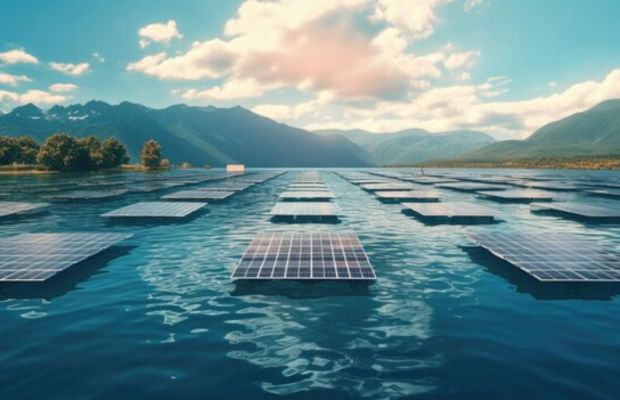Vietnam has introduced a groundbreaking regulation, Decree 80, which is poised to revolutionise its energy landscape by promoting the adoption of solar and wind power. This move aims to diversify energy sources and reduce reliance on the state-run Vietnam Electricity, opening avenues for direct purchase agreements (DPPAs) between businesses and renewable energy producers.
The decree, following Uruguay’s lead, allows businesses to buy renewable energy directly from producers. This shift is expected to alleviate pressure on Vietnam’s aging electricity grid, which has struggled with blackouts affecting major companies like Samsung Electronics. Local renewable energy leader Luu Hoang Ha expressed optimism, citing significant interest from manufacturing investors eager to embrace cleaner energy alternatives.
Beyond solar and wind, Decree 80 also encourages investments in small hydropower and biomass projects. Vietnam, already Southeast Asia’s top solar power producer as of 2019, aims to bolster its renewable energy sector amid recent increases in coal usage. Environmental concerns have sparked debates, with some activists facing legal repercussions for their opposition to fossil fuels, although Vietnam stresses the importance of lawful engagement in such discussions.
The government’s energy strategy outlines a reduction in coal’s share of the energy mix by 2030, with renewables projected to constitute 80% by 2050. Climate consultant Nguyen Ngoc Huy hailed Decree 80 as pivotal in driving Vietnam towards carbon neutrality and fostering a net-zero emissions trajectory.
Minister of Industry and Trade Nguyen Hong Dien affirmed the government’s commitment to refining the decree based on public feedback, highlighting ongoing consultations with stakeholders from both sectors. Nami Energy’s Ha proposed adjustments to accommodate higher renewable energy thresholds, mindful of grid capacity limitations despite Vietnam’s status as a leading solar panel exporter.
Decree 80 facilitates direct transactions between energy buyers and sellers outside the traditional grid, circumventing bureaucratic delays that previously hindered progress. Stakeholders have welcomed the initiative, which aims to balance corporate interests with affordability for consumers.
International perspectives on Decree 80 underscore its significance in Vietnam’s environmental policy. Aler Grubbs from the U.S. Agency for International Development emphasized the potential for businesses to reduce their carbon footprints and accelerate Vietnam’s clean energy transition.
In response to the decree, Samsung Electronics affirmed its commitment to sustainability, emphasizing plans to engage with large-scale renewable energy producers aligned with its operational needs in Vietnam.

